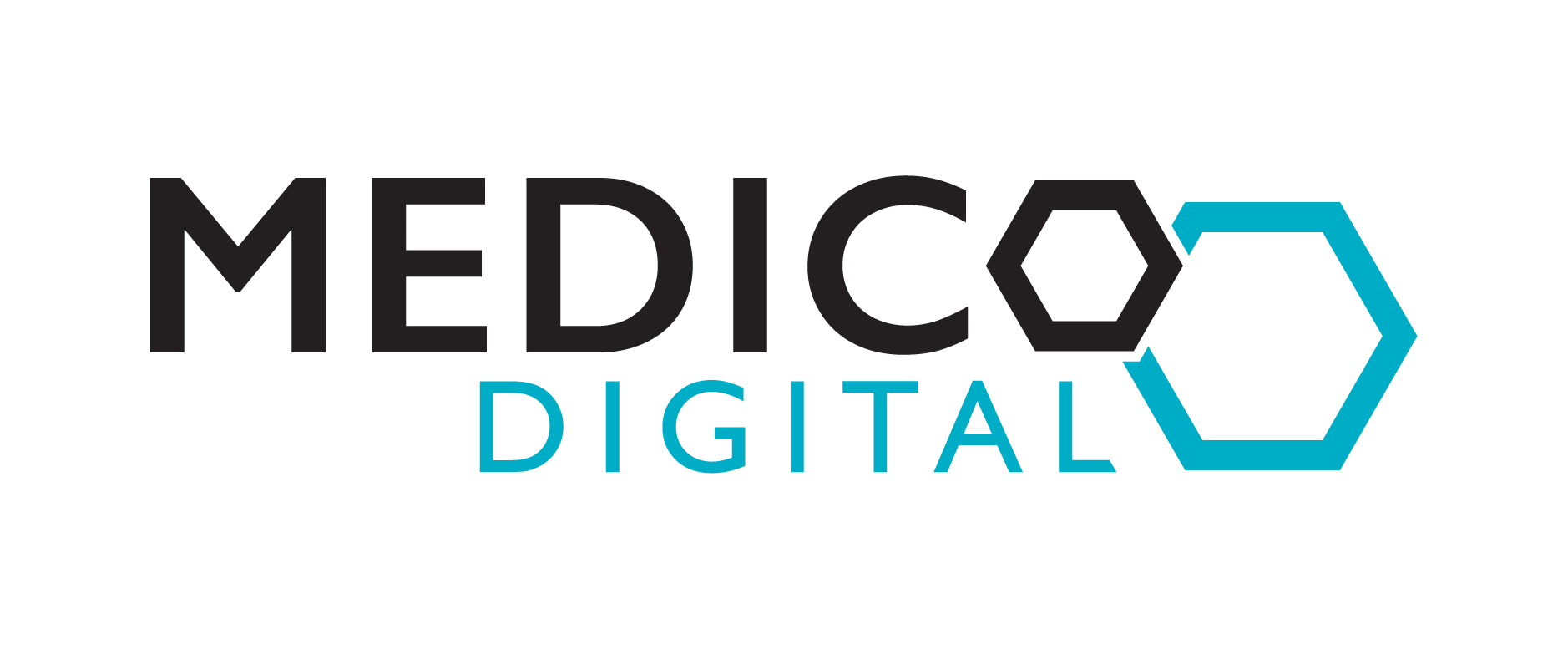Artificial Insemination and Donor Insemination (DI)
Artificial insemination with husband’s (AIH) or donor sperm (DI) involves injecting the semen into the neck of the womb or into the womb (uterus) at the time of or immediately prior to ovulation.
Donor insemination (DI) is insemination of sperms provided by a donor rather than the woman’s partner.
Donor insemination may be appropriate for couples who are unable to have a child due to male factor infertility such as absence of sperms and where there is a high probability of passing a genetic abnormality to the offspring.
What is artificial insemination or donor insemination?
Artificial insemination is when a partner’s semen is injected directly into the neck of the womb, or into the womb itself, at a time when a woman is ovulating. Donor insemination is exactly the same process, but using a donor sperm instead of your partner’s.
During the insemination procedure, a speculum (the same instrument used during a smear test) is inserted into the woman’s vagina to keep it open. A very small catheter is then placed inside the vagina and guided into the womb, which the sperm is then placed up. The process typically takes no longer than 10 minutes and most women report no pain apart from some cramping. You’ll be allowed to go home after a short rest.
You may be offered insemination during a natural ovulation cycle, or you might go through a stimulation process to help ensure you are ovulating when the procedure occurs. It is also possible that you will receive the procedure twice during one ovulation cycle.
Advantages of artificial insemination or donor insemination
Artificial insemination might help in couples where the man has a low sperm count. In these cases, the man will be asked to provide a semen sample, which a specialist will then treat by cleaning and extracting the healthy sperm to create a concentrated sample. This is then used in the procedure to try and increase the chances of conception.
Donor insemination benefits:
• couples who may not be able to conceive using their own sperm or a combination of their eggs and sperm
• women who are single and wishing to start a family
• female same-sex couples
• couples who carry a risk of genetic conditions being passed down on the male side
Is it for me?
Artificial or donor insemination might be for you if you are struggling to conceive naturally. Your specialist might recommend this treatment if they think you will benefit from it and it will help you start a family.
Donor sperm may be right for you if your partner has a low sperm count, your sperm and eggs combined are unlikely to result in a pregnancy, you are a single woman or a female same-sex couple. Donor sperm is screened for sexually transmitted infections, genetic abnormalities and hereditary conditions and will have been frozen in storage for at least six months to allow sufficient time for tests to be repeated if necessary. You will be given information about your donor sperm such as height, hair colour, eye colour and ethnicity of the donor. To some people, this is important if they are wishing to find features that match the male or female partner.
If you are thinking of using donor sperm, it is worth knowing that if you are using an approved UK fertility clinic, the donor will have no legal rights to any child conceived. However, children born from sperm donated after April 2005 will legally have the right to find out the identification of the donor if they want to when they reach 18 years old.
If you are using a known donor (a friend or family member), it is important to legally ascertain the parental responsibility that the biological father will have, if any.
Success rates for artificial insemination
The highest success rates are for women under the age of 35, who have zero infertility problems, and are using donor sperm are 60 – 80%. Lower success rates occur if the woman has a condition which may affect fertility, such as endometriosis or an ovulation problem, or if using your partner’s semen, which has a low sperm count.

